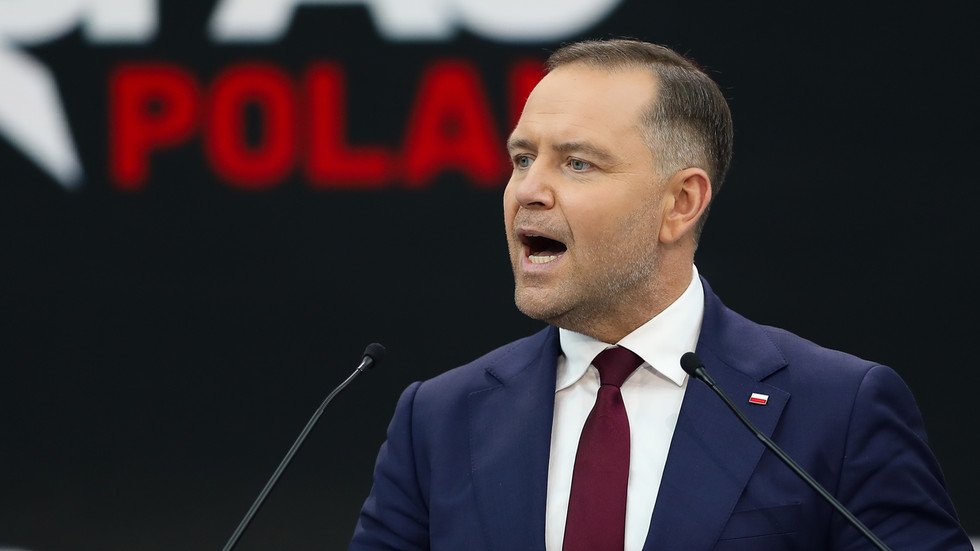Libya is facing mounting international pressure to shut down detention centers where migrants and refugees are allegedly being subjected to torture, abuse, and even death. The North African country, a key transit point for Africans fleeing conflict and poverty towards Europe, has come under scrutiny from several countries, including Britain, Spain, Norway, and Sierra Leone, at the United Nations.
The treatment of migrants in Libya has raised alarm, with reports of individuals being held in warehouses by traffickers and subjected to violence and extortion. A recent Dutch court case has exposed grim details of the situation, while a United Nations agency has reported that bodies found in mass graves bore gunshot wounds. The International Organization for Migration has also expressed concern over the conditions in these detention centers.
Norway’s ambassador to the UN has urged Libya to end arbitrary detentions, while Britain has called for UN investigators to have unrestricted access to the country’s detention centers. In an open letter, human rights groups have accused armed factions in Libya of operating with impunity, blocking justice, and committing widespread abuses.
Libya’s acting foreign minister, Eltaher Salem Elbaour, has acknowledged the country’s struggles, but stated that the UN-backed government in Tripoli is working to ensure human rights are respected during a fragile transition. He cited cooperation with the International Criminal Court and the establishment of a new joint committee to oversee detention centers as examples of the government’s efforts.
The international community is closely watching Libya’s human rights record, which is currently under review as part of a UN process that scrutinizes all 193 member states. This review comes as the United States has notably skipped its own review last week. The situation in Libya highlights the need for continued international attention and cooperation to address the complex issues surrounding migration and human rights in the region.
As the international community continues to monitor the situation in Libya, it remains to be seen whether the country will take concrete steps to address the allegations of abuse and ensure the protection of migrants and refugees. The establishment of a joint committee to oversee detention centers and cooperation with international organizations are positive steps, but more needs to be done to address the root causes of the problem and ensure that those responsible for abuses are held accountable.



